The RheumNow faculty reporters have been glued to their monitors all day, viewing video, reading and listening to abstract presentations and I charged them to earmark those presentations were the “Best” they saw today. Below is the list of most often noted #ACRbest abstracts from Day 1.
Despite increased awareness and better diagnostic modalities at hand, early diagnosis of psoriatic arthritis (PsA) still remains a huge unmet need. Broad spectrum of PsA manifestations, often gradual and subtle symptom development, along with lack of specific serological testing contributes to the challenge.
Results of the MAXIMISE trial show that Secukinumab provided clinical improvement and reduction in inflammatory MRI lesions in patients with psoriatic arthritis and axial disease through week 52.
Early diagnosis of arthritis improves outcomes and quality of life in patients with psoriasis. A longitudinal cohort study shows that the development of PsA within clinically meaningful time frames can be predicted with reasonable accuracy for psoriasis patients.
For many rheumatologists around the world, coming to America was a pilgrimage of sorts. A long journey and an expensive exercise but a worthy one – a fundamentally human exchange of ideas, where the person next to you could be from Arkansas, Alberta, or Amsterdam, but equally from Argentina, Algeria, Azerbaijan, or even Australia. So how (dare I say, on earth) do we translate that to our electronic screens?
I always think of why I attend the ACR: to gain new information and knowledge and bring it back to my clinic for my patients. Here's what I'm looking forward to this year.
From flu shots and face masks to vaccines and searching for the immunological endotype, here are six things rheumatologists need to know about COVID-19.
Each pharmaceutical company has spent months and years preparing to present and highlight their featured clinical trials and abstracts at ACR 2020. This is our selection of their best studies for you to review and evaluate as part of your to-do list.
Since the beginning of the pandemic, rheumatologists scrambled to figure out how the SARS-CoV-2 virus will affect their patients with immune mediated inflammatory diseases (IMID). Meeting the needs of patients, managing a practice, and trying to balance a home life have many doctors stressed.
There are some really interesting poster and abstract presentations on spondyloarthritis at the ACR Convergence 2020. I’ll be covering these topics, and discussing select individual posters and abstracts during this meeting.
Here is a flavour of my read through the topics that are being covered during the meeting.
Infection in the setting of autoimmune rheumatic disease (ARD) has been the subject of increasing research and clinical interest for decades. Despite the huge burden of infection in patients with ARDs, this area of research has really been catapulted to the centre-stage of research agendas and coverage at congresses, including ACR 2020, with the arrival of the coronavirus disease 2019 (COVID-19) pandemic.
Here is the last of our QD Clinics in Podcast form, just before we start ACR2020 coverage.
In this compilation from the past week we talk about
- HIV and arthritis
- Hyperuricemia in PsA
- An odd kind of dermatomyositis
- Running out of options in Difficult RA
Listen here or on your podcast program in your car.
If you need a plan for this weekend's ACR meeting, check out and download our latest, "Virtual ACR 2020 Playbook". The playbook covers: setting virtual learning goals, sessions you probably shouldn't miss, how to still have peer interactions, what to do if you only have time to "dabble' - and more.
The risk of serious infections (SIE) in RA patients given anti-TNF (TNFi) therapy is not static, instead it has been shown to be greatest in the first 6 months of use according to a recent report in Rheumatology.











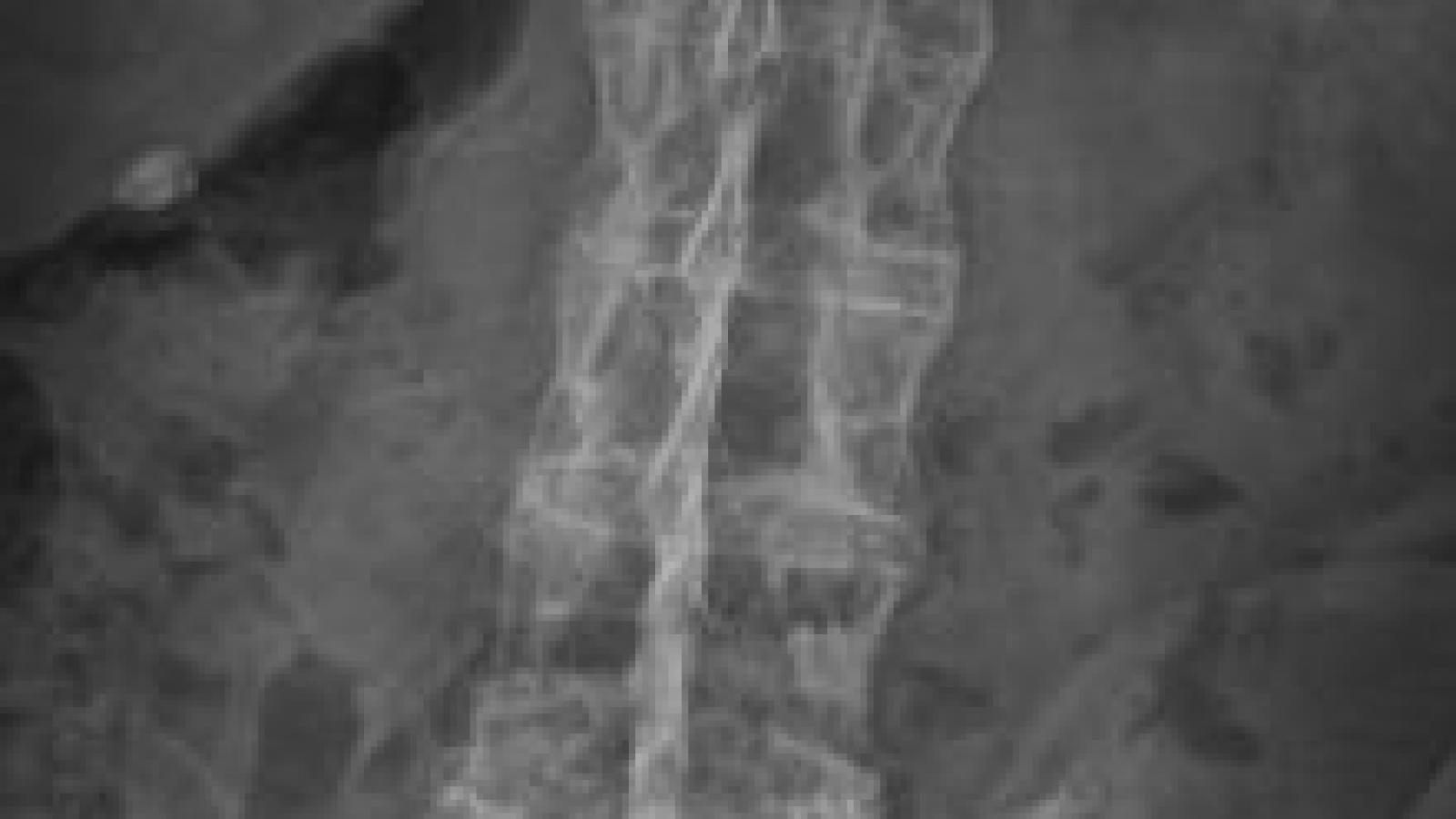
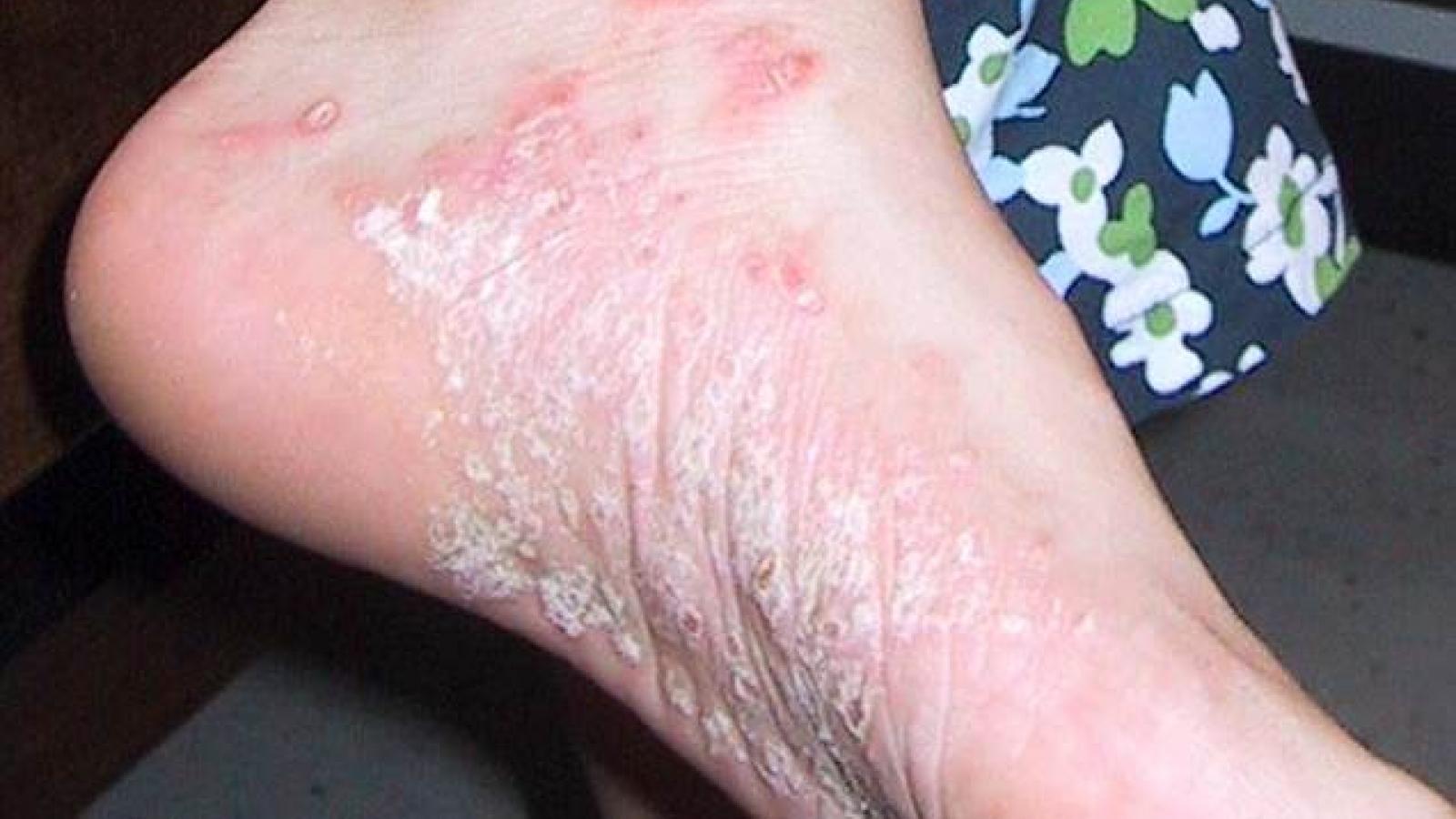





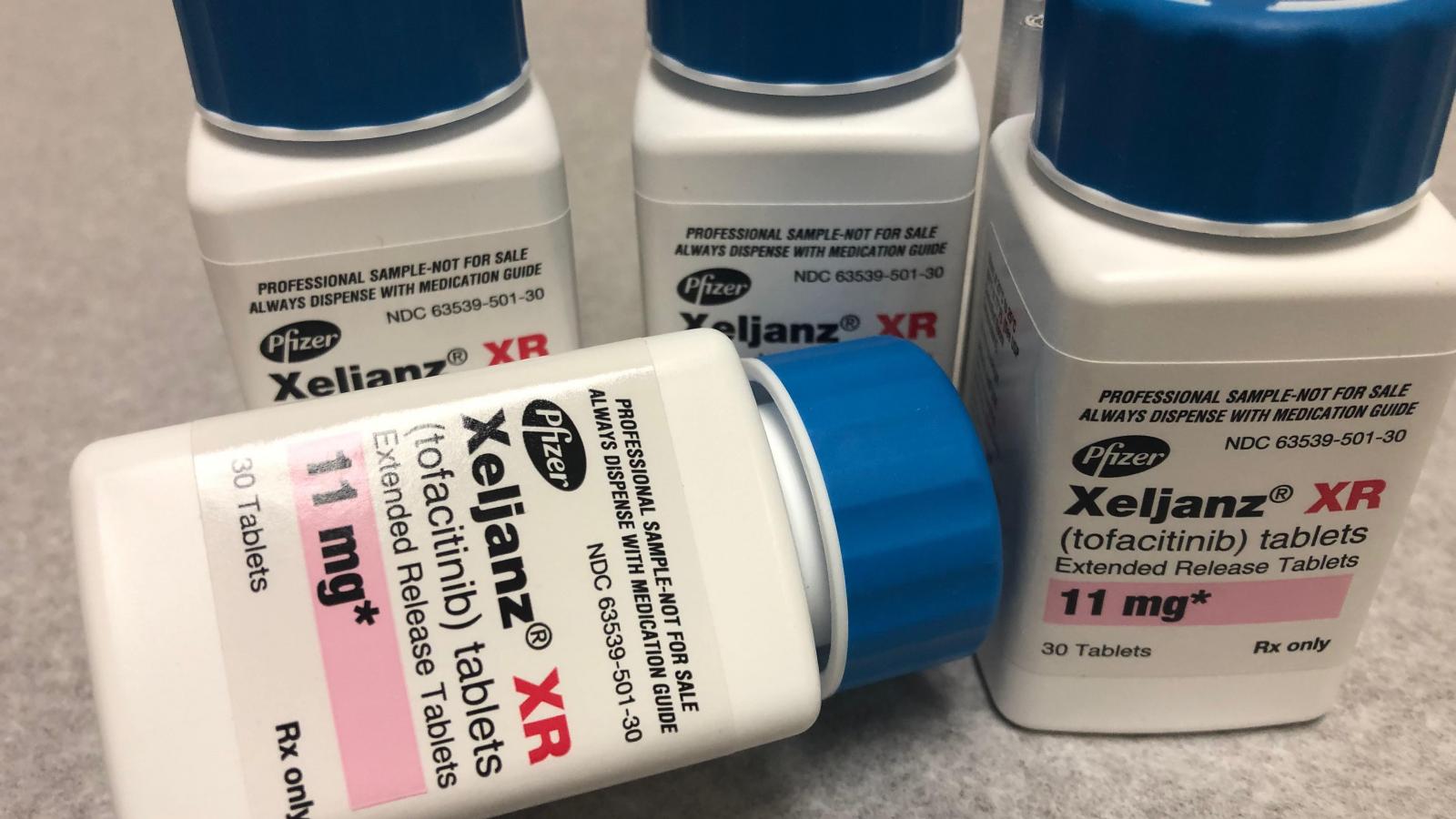

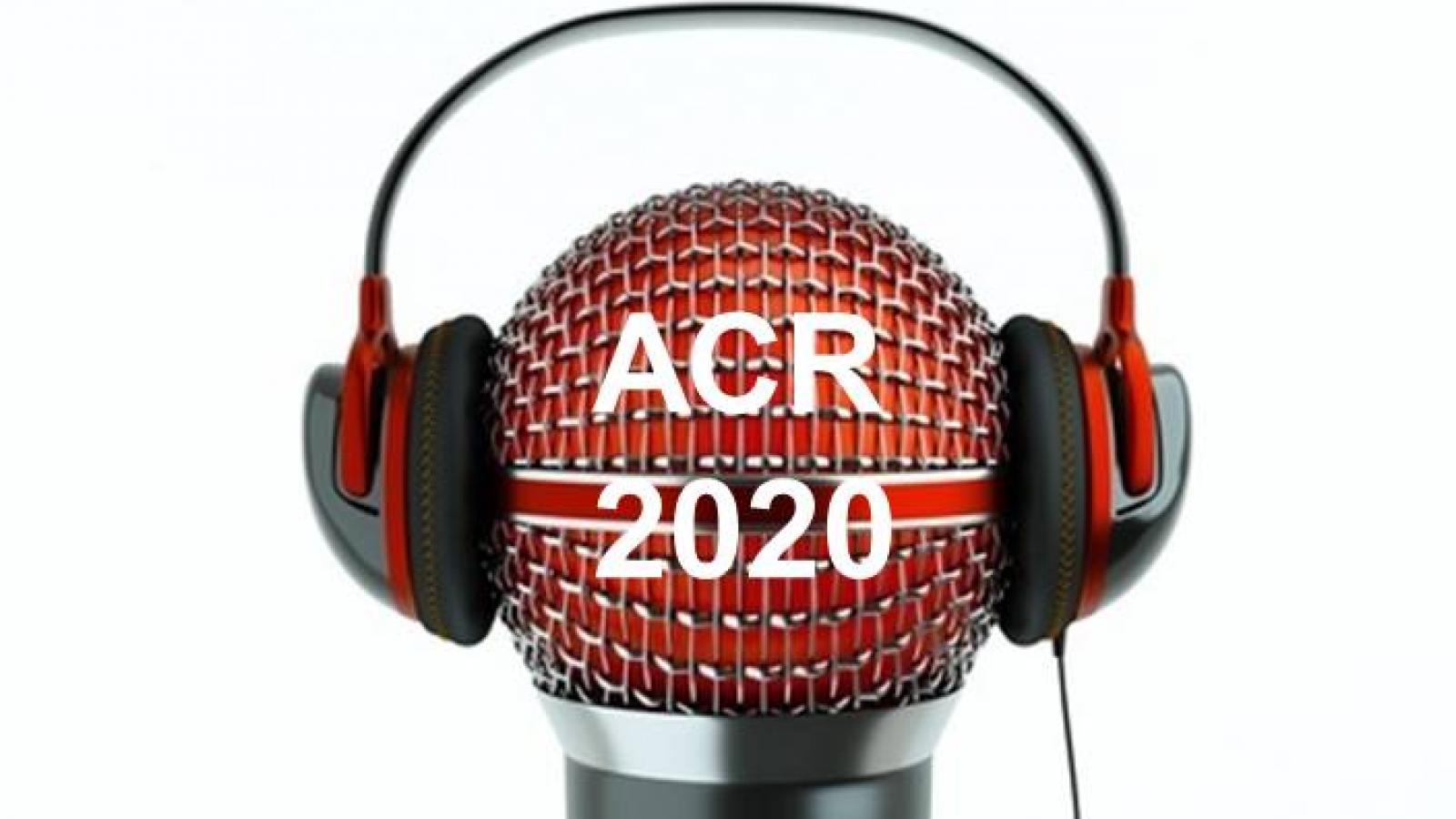




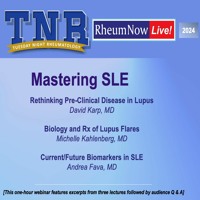





 Poster Hall
Poster Hall